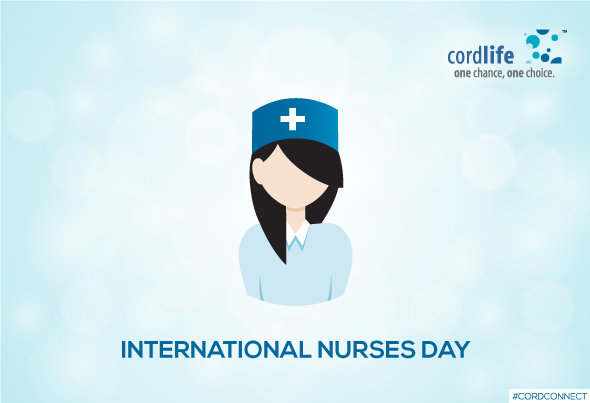Table of Contents
All around the world, despite huge technological advances and development of scientific methods to combat hunger, poverty and even disease, the indelible fact of life is that people still continue to be sick and they require treatment when they are ill. This means that hospitals, doctors and nurses will be a part of every person’s life at some point of time in their life cycle. Whether for a severe fever or for getting a hip replacement, one must necessarily be admitted to hospital for treatment and post-operative care.
Of the entities mentioned in healthcare above, nurses constitute a vital cog in the treatment process. They are the closest that the patient comes to receiving care at various stages of treatment, with doctors appearing only periodically for consultations or operations. Hence, the nurse influences the patient’s perception about healthcare, whether positively or adversely, since he or she spends the most time tackling daily caregiving tasks. It naturally follows that for medicine and healthcare to enter into the next frontier with highly developed drugs, systemic processes and patient-focussed treatment plans, the role of nursing will have a deep impact on successful culmination of these processes.
This is especially true in such areas as maternity patient care. Expectant mothers are often tense and afraid of the birthing process, and the nurse’s abilities, knowledge and alertness to specific warning signs can go a long way in ensuring that the baby is born healthy and without risk to itself and its mother. Once the mother is admitted to hospital, her first relationship with the hospital personnel often comes via her interaction with the nurses attending to her. Hence, if the nurses are professional and cordial, the mother is able to relax and follow the treatment plan better.
Nurses can often influence the way patients look at post-treatment care, and motivate them to stay on course with daily medication and therapy. They are often the determining factor in patients deciding to continue with their treatment and report any anomalies as they occur. A well trained nurse is often alert to signs of distress, errors in treatment and preventable hospital admissions by being well versed with the patient’s health profile at all times. They can also form a vital link between the patients and doctors by facilitating a better dialogue, effective treatment implementation and reducing trial-and-error medical interventions by taking patient problems and reactions on board for the doctors’ perusal.
In recent times, a growing interest in umbilical cord blood and its implications for children’s future health has also focussed the spotlight on the role of nursing. Nurses can be a valuable resource in the process of cord blood collection and stem cell banking, provided they have been equipped with the knowledge and practice to do so. As per a study conducted in two premier hospitals in Egypt in 2014, nurses played a vital role in performing a variety of functions in stem cell banking, right from understanding the structure of the umbilical cord to defining the sites of procuring stem cells. However, the study found that most nurses were unaware of how to collect cord blood, or even the uses of stem cells in medicine.
As such, nurses can be the most important cog in the entire machinery that deals with stem cell banking, may it be collecting cord blood or assisting doctors in stem cell infusion procedures. Another study conducted in Egypt concluded that nurses must be aware of every step of the stem cell collection process, from understanding that the source of blood is venous to following strict protocol when collecting umbilical cord blood into special closed collection kits provided by private and public blood banks.
Nurses can also play a large role in counselling patients who wish to receive more information about cord blood banking and how to undergo the process, especially if they are admitted to a birthing facility where their gynaecologist or obstetrician may not be present to oversee the cord blood collection. More significantly, they can help save precious time right after the birth by conducting the cord blood collection process by themselves in the absence of a doctor.
On International Nurses Day, May 12, we salute the noble practice of nursing and the dedicated nurses working in healthcare all over the world.
